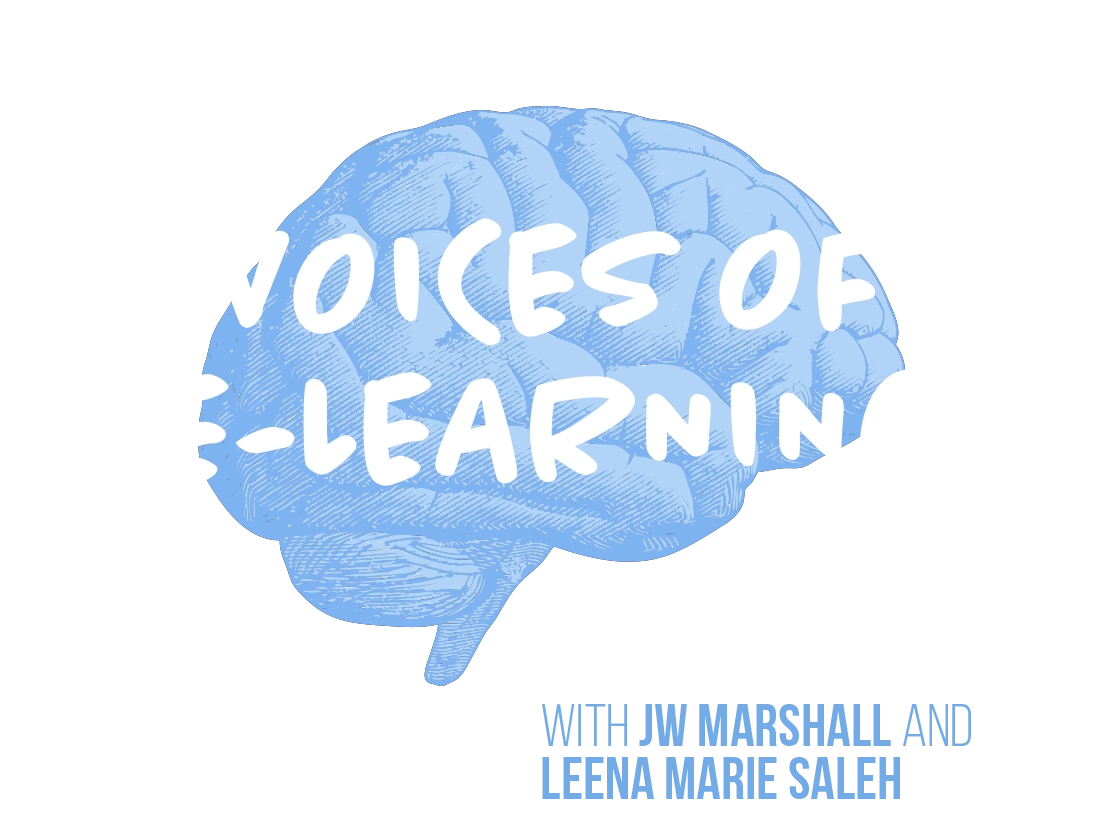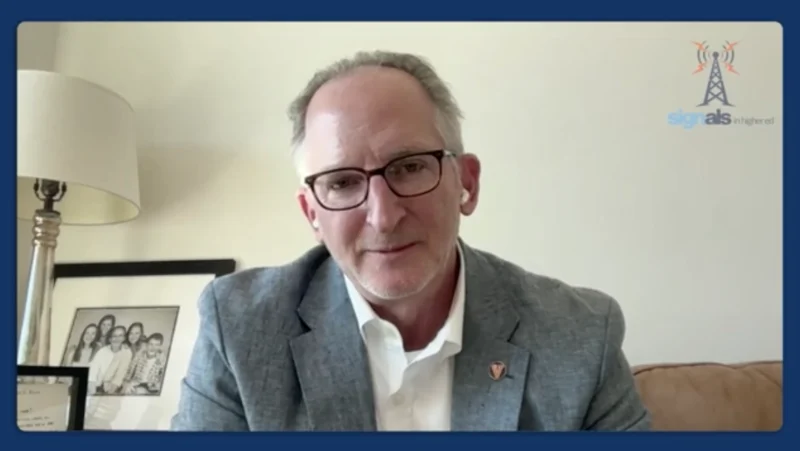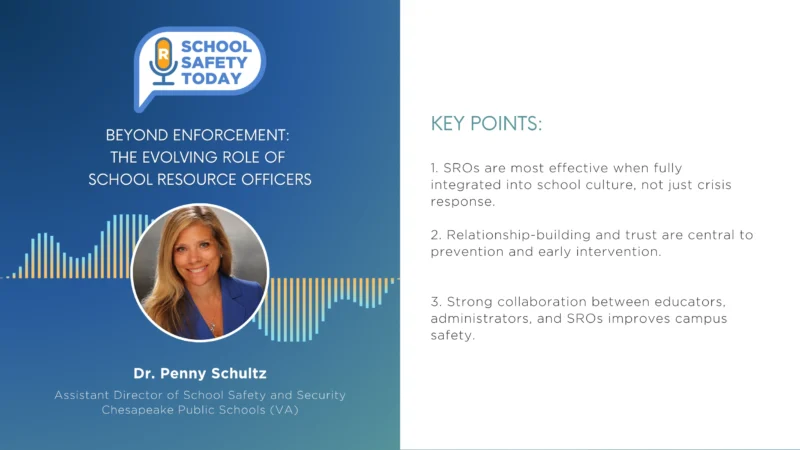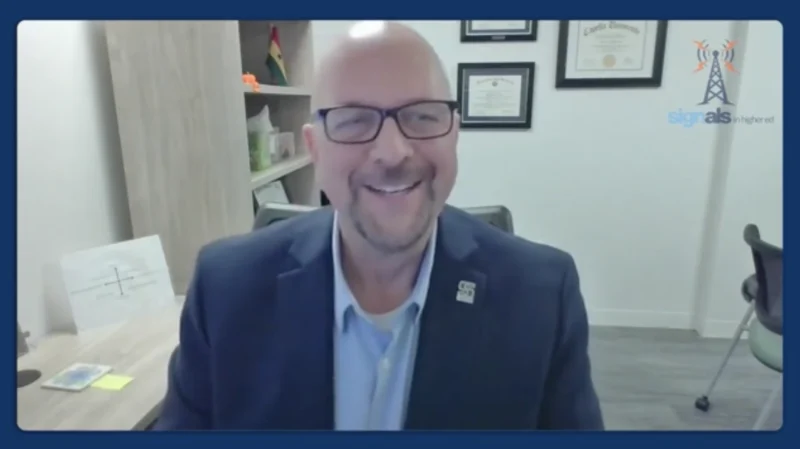Why Edmentum Entered Into a Definitive Agreement to Acquire Apex Learning
Celebrating the leaders and experts that are powering education into the future, MarketScale sets out to ask the “right questions” in EdTech to understand the changes in policy and technology that will power our universities, tradeschools, and companies – and drive growth in upskilling certifications.
The EdTech space is in a state of flux. New entrants are hitting the market, while mergers and acquisitions are increasing. Voices of eLearning host JW Marshall spoke with Jamie Candee, CEO of Edmentum, regarding its definitive agreement to acquire Apex Learning and what the future holds for the new company as they continue to serve the education ecosystem.
“Edmentum is at the intersection of adaptive learning and assessment tools surrounded by a digital curriculum and teacher support and analytics. With the Apex Learning acquisition, we will deepen and broaden virtual and blended learning offerings,” Candee said.
“Technology shouldn’t alienate the teacher but rather create equity and access so that students can learn the way they want.” – Jamie Candee
By combining the platforms, Candee noted they can better address the flexibility that the market desires now.
In determining if Apex Learning and Edmentum would have synergies, Candee expressed that culture fit was essential. “My number one job is to have the right group of people and be people first. That translates to how we support our partners as an educator-first organization. We seek to amplify the teacher, and both companies have that alignment.”
So, what does the future hold for the new company and online learning in general? “Education has fundamentally changed forever. We need stability and calm and don’t want to change the user experience. We are taking the time to understand what our partners need today and in the future.”
The company is evolving along with school systems to “build back better.” Their main focus is capacity building, which means taking the time to build a model and moving at a pace that feels comfortable. The big challenge now is how to address interrupted learning, which students felt in different ways in the last year. “This requires measurement tools to aid the educator paired with individualized learning and tools for teachers to group subsets of students and work toward accelerated learning,” Candee shared.
Listen to Previous Episodes of the Voices of eLearning!
Follow us on social media for the latest updates in B2B!
Twitter – @MarketScale
Facebook – facebook.com/marketscale
LinkedIn – linkedin.com/company/marketscale




